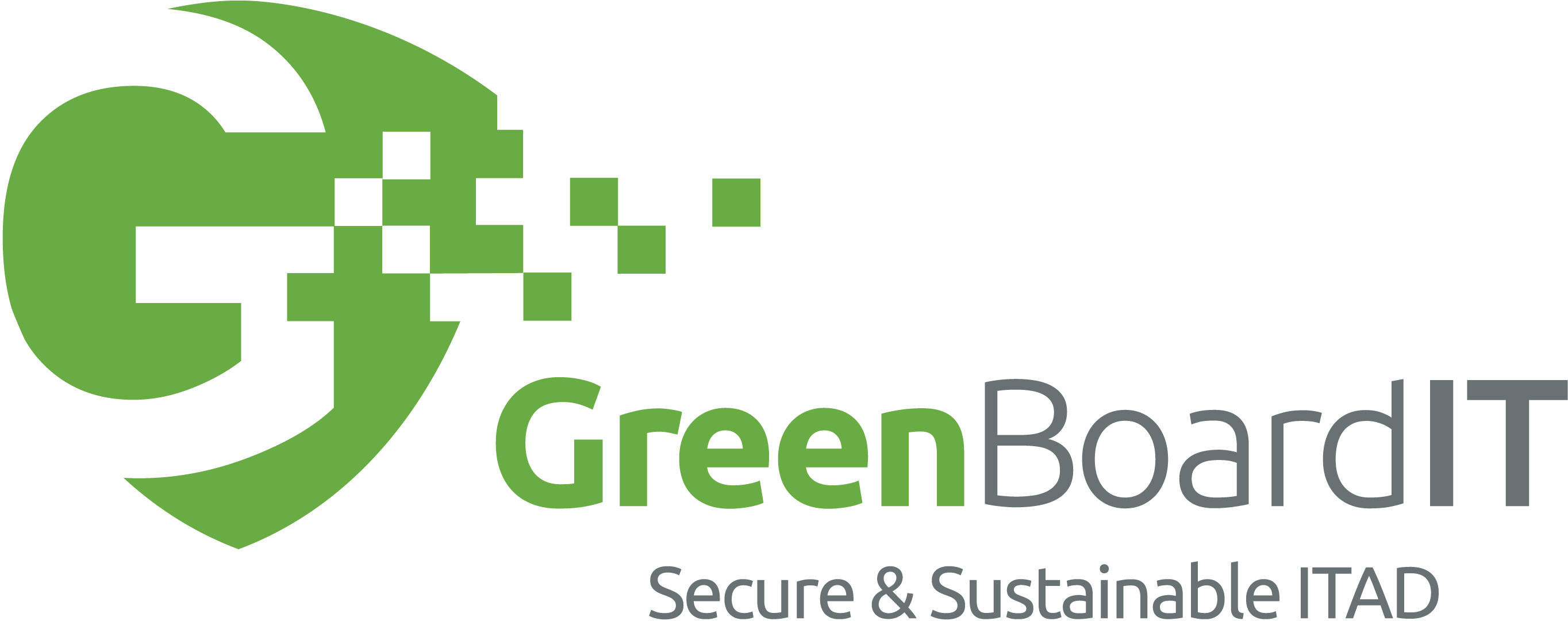Today, we’re going to talk about something that might not be at the top of your mind when you think about the role of a chief financial officer (CFO), but it’s becoming increasingly crucial – IT assets. As we dive into the year 2024, it’s essential for CFOs to understand why they need to pay attention to IT assets and their lifecycle management. So, let’s take a closer look at the evolving role of today’s CFOs and explore the challenges they face.
The Role of Today’s CFO
Traditionally, CFOs have been responsible for overseeing financial matters within an organization. They focus on budgeting, financial reporting, risk management, and ensuring compliance with regulations. However, as technology continues to advance at an unprecedented pace, their role has expanded beyond these traditional responsibilities.
In today’s interconnected world, technology plays a vital role in almost every aspect of business operations. From managing internal systems to facilitating customer interactions and driving innovation, IT assets have become integral to an organization’s success. This paradigm shift has forced CFOs to broaden their scope and become strategic partners in managing and optimizing IT assets.
Challenges Facing Today’s CFOs
As we all know too well, with great power comes great responsibility. The increased importance of IT assets brings along several challenges for CFOs:
- Rapid Technological Changes: Technology is evolving faster than ever before. New hardware and software solutions are constantly being introduced into the market, making it challenging for CFOs to keep up with the latest trends and determine which investments will provide maximum returns.
- Financial Implications: Investing in IT assets involves significant financial considerations. CFOs need to carefully assess the costs associated with implementing new technologies while balancing them against potential benefits and long-term value.
- Security Risks: With the rise of cyber threats, CFOs must be vigilant in protecting sensitive data and ensuring the security of IT assets. A single breach can have severe financial and reputational consequences for an organization.
- Regulatory Compliance: As technology advances, so do regulatory requirements. CFOs need to stay up-to-date with evolving regulations to ensure their organization remains compliant, avoiding penalties and legal complications.
Why CFOs Need to Take a Role in IT Assets and Lifecycle Management
Given the challenges mentioned above, it’s clear that CFOs can no longer afford to sideline IT assets and leave them solely in the hands of IT departments. Here’s why they need to actively participate in IT asset management:
- Cost Optimization: By actively managing IT assets’ lifecycle, CFOs can identify areas where cost savings can be achieved. Through strategic planning and decision-making, they can reduce unnecessary expenses associated with obsolete or underutilized technologies.
- Resource Allocation: CFOs have a holistic view of an organization’s resources and financial health. By actively participating in IT asset management, they can ensure that resources are allocated efficiently and effectively, aligning technology investments with business objectives.
- Risk Mitigation: Cybersecurity threats pose significant risks to organizations today. By taking an active role in managing IT assets, CFOs can implement robust security measures and ensure compliance with data protection regulations, safeguarding their organization from potential breaches.
- Sustainability Initiatives: As environmental concerns grow more prominent globally, organizations are under increasing pressure to adopt sustainable practices. Proper management of IT assets includes responsible e-waste recycling and disposal practices – an area where CFOs can make a significant impact by partnering with responsible e-waste recyclers like GreenBoard IT.
How GreenBoard IT Can Help
At GreenBoard IT, we understand the challenges faced by modern CFOs when it comes to managing IT assets’ lifecycle while addressing e-waste concerns responsibly. Our team of experts specializes in IT Asset Disposition (ITAD) and e-waste recycling, ensuring that old or obsolete devices are properly recycled and minimizing environmental impact.
By partnering with GreenBoard IT, CFOs can:
- Streamline the IT asset lifecycle management process, from acquisition to disposal.
- Reduce costs associated with storing and maintaining obsolete equipment.
- Ensure compliance with data protection regulations through secure data destruction services.
- Demonstrate commitment to sustainability by responsibly recycling e-waste.





